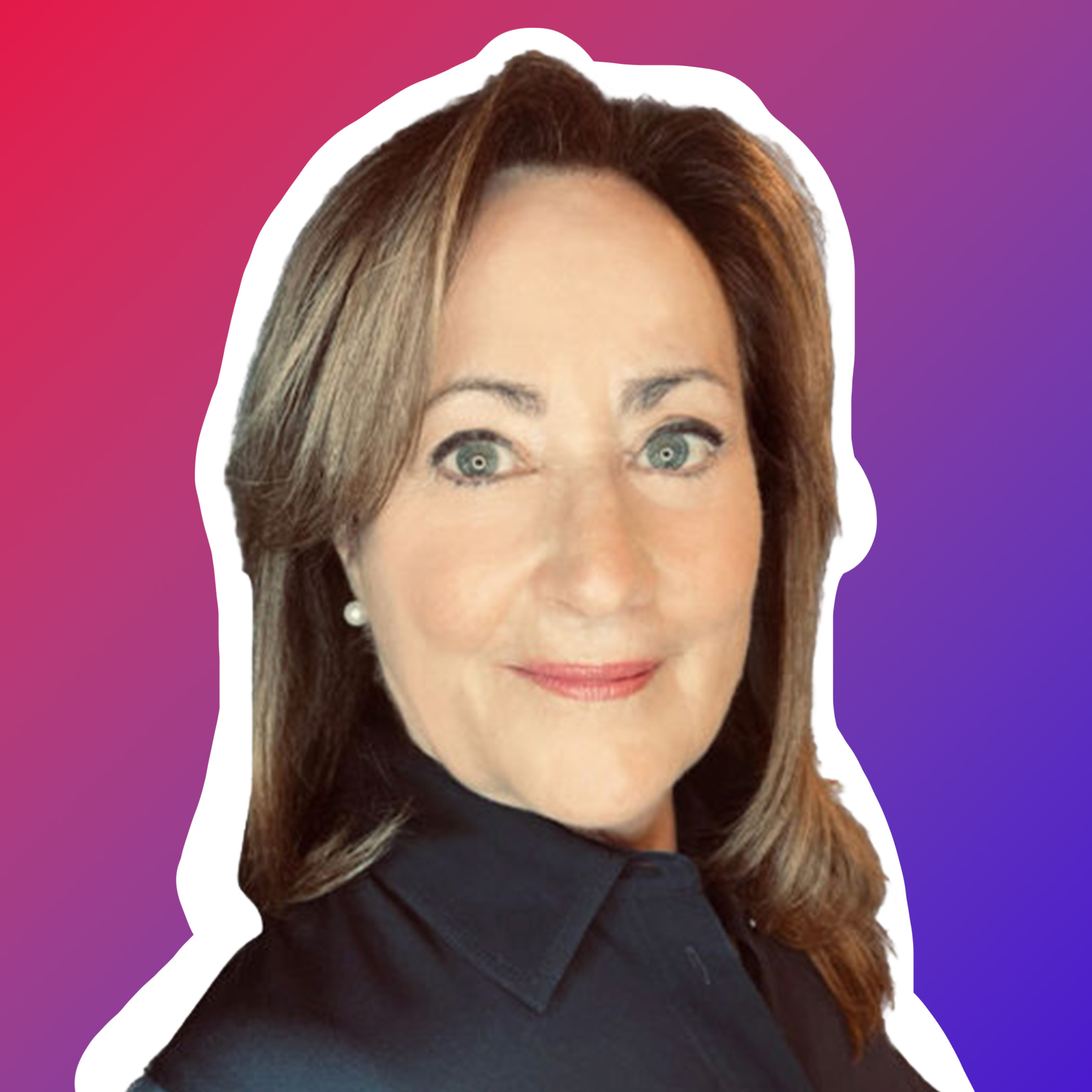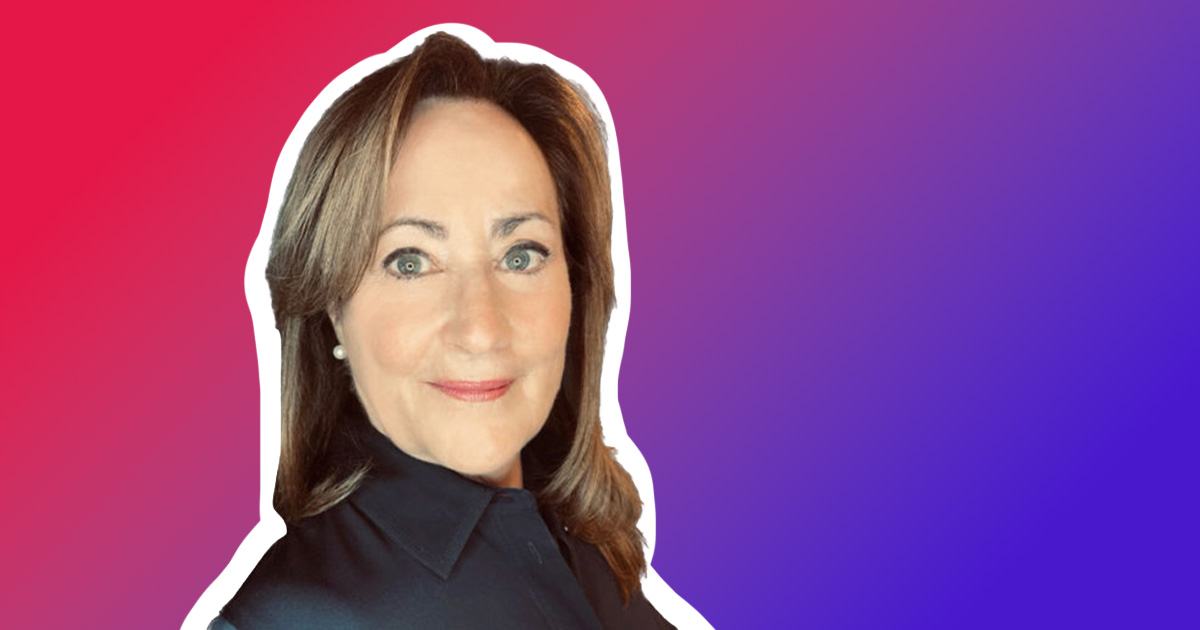
Toni Tileva
Millions of older Americans have re-entered the workforce in recent months. Nearly 64 percent of adults between the ages of 55 and 64 worked in April, essentially the same rate as in February 2020. That's a more complete pandemic recovery than among most younger age groups.
Inflation and precipitous rises in the cost of living have forced many professionals to return to work from retirement. Others enjoy the engagement and camaraderie work provides.
Older workers weren't any more likely than younger workers to leave the labor force early in the pandemic. Still, economists thought aging workers might be slower to return because people in their 50s and 60s typically have a hard time finding jobs than their younger counterparts, primarily due to ageism.
Kogod alumna Beth Finkel State Director of the New York AARP branch has been at the forefront of AARP’s fight at the state and national level for laws and policies that protect older workers from age discrimination.
“A recent AARP New York survey found nearly half of voters 50-plus were subjected to or witnessed at least one type of workplace age discrimination. Twenty percent said they were passed over for a job because of their age, and almost 10 percent said they were laid off or fired due to their age,” says Finkel.
A national AARP poll found 78 percent of workers 50+ report they’ve seen or experienced age discrimination in the workplace—age discrimination against Americans aged 50+ robbed the US economy of $850 billion in 2018 alone.”

Beth Finkel
State Director of the New York AARP
Furthermore, those over 45 make up the bulk of the long-term unemployed in America and globally. Hiring managers admit they are reluctant to hire individuals over 40, arguing they probably won’t be a good “fit” or will be unable or unwilling to learn new skills.
A large study of 5,000 workers and managers in seven countries by the nonprofit generation offers some rather grim statistics. Individuals age 45+ make up a high share of the long-term unemployed. Hiring managers have a negative view of 45+ job seekers, even though employers rate highly the job performance of those they hire. Despite national differences, the challenges and experiences of 45+ individuals are global, displaying striking consistency worldwide.
One key insight from the survey is hugely positive, however. Yes, hiring managers express bias against 45+ individuals. Still, those same employers also acknowledge that once they hire people over 45, these workers perform on the job just as well as or even better than their peers who are a decade younger.
Yet still, many workers 45+ simply cannot seem to penetrate a wall of resistance to simple consideration for a job."

Beth Finkel
State Director of the New York AARP
Changes are being made at the state and national levels to assist aging workers in their employment searches and help provide equitable hiring opportunities.
“In New York, the State Senate passed a bill prohibiting employers from requiring or asking for job applicants’ age, birthdate, and graduation dates unless relevant to the job. In Washington, we are urging the US Senate to follow the House by passing the Protect Older Workers Against Discrimination Act. In New York City, we requested to rename its Department for The Aging to something like Boston’s Age Strong,” says Finkel.
As 45+ individuals continue to seek work in a world where higher life expectancies and inadequate savings are pushing up retirement ages, employers and policymakers need to take steps to counter rampant ageism.
“Advocacy with businesses is part of AARP’s ultimate goal—to protect people 45+ from age discrimination,” says Finkel.
“At the end of the day, discrimination of any form is wrong, and multigenerational workforces are proven to be more productive.”

Beth Finkel
State Director of the New York AARP
